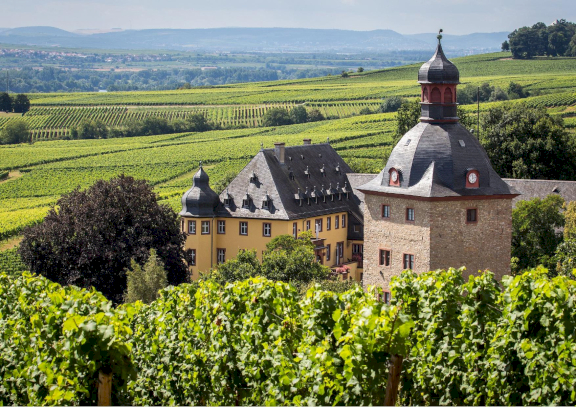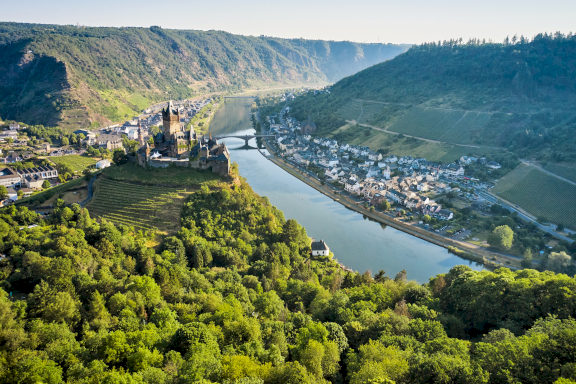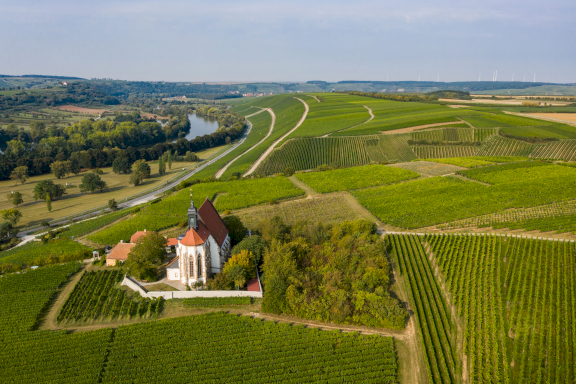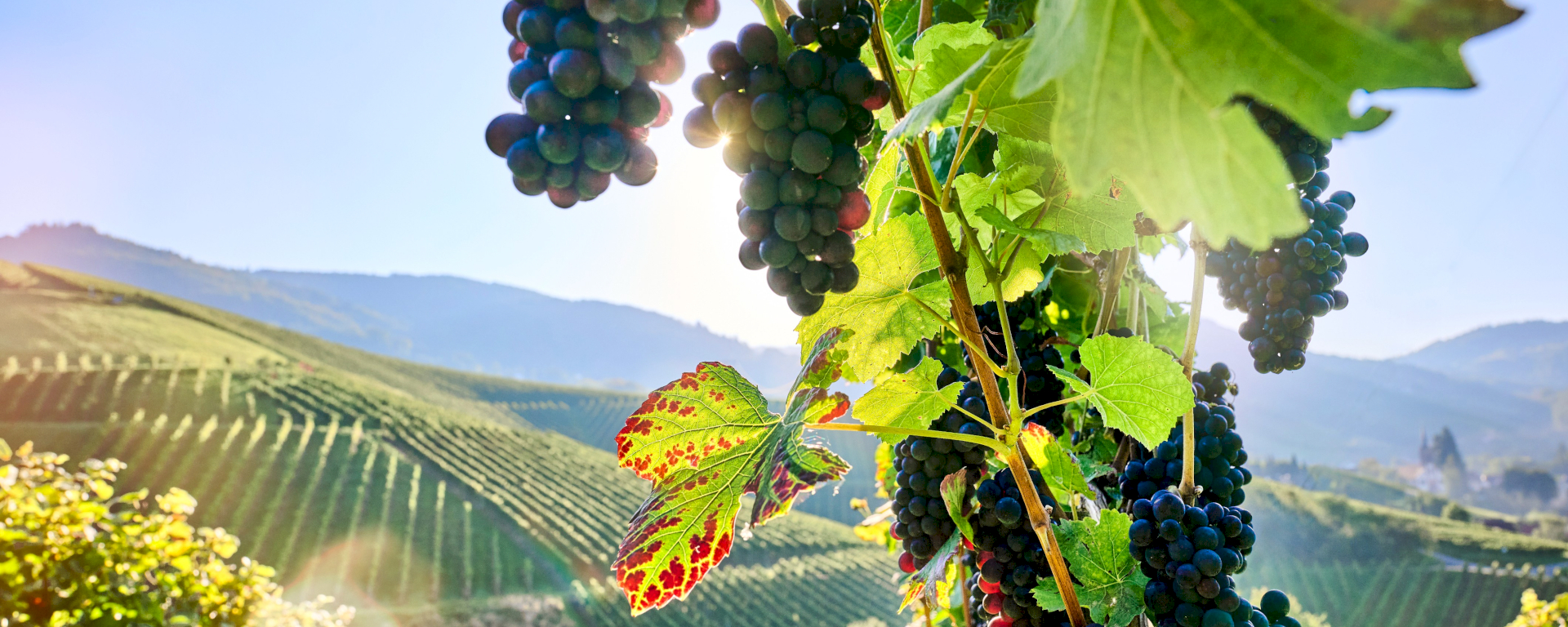
German Wines
German wines An old wine-growing tradition
German wines have long ranked amongst the finest there are. German white wines – especially the Riesling - enjoy worldwide recognition. Already the Romans cultivated vines on those rolling hills in the Palatinate, in Franconia and along the many rivers and valleys. Today, Germany has 13 different growing regions, three of which are presented here as examples.
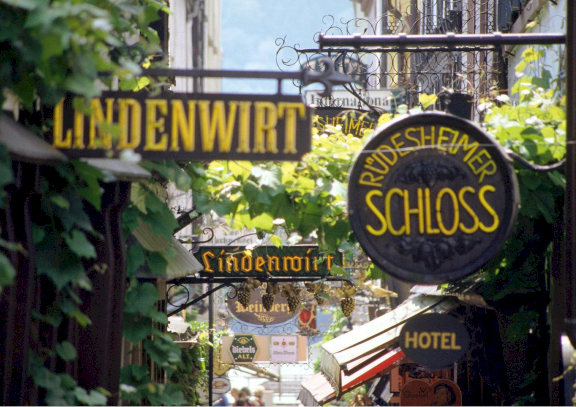
Enjoyment and culture
Each wine region offers its own distinct attractions. Explore the area on hikes, visit historical monuments, idyllic villages or enjoy a river cruise on the Rhine River along the UNESCO World Heritage Site. Private wine tastings in selected wineries or castles with back of the production tours should be part of any culinary tour and visiting a local wine festival is a unique add on to your trip.
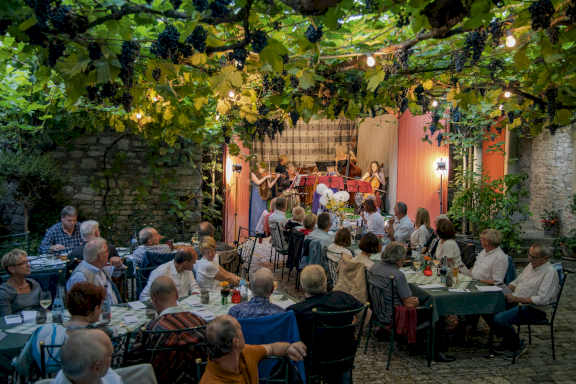
Insights from our expert Christian Mader

As a former sommelier experienced in top Michelin starred restaurants, I would be delighted to introduce you to the best and most enchanting wine-growing regions in Germany, Austria & Switzerland. Even though my heart beats mostly for wines from the Wachau Valley and Burgenland, where I discovered my enthusiasm for good wines, there are countless beautiful regions with outstanding wines from innovative winegrowers from Germany, Austria, and Switzerland.
Contact us Together we plan the most unique travel experience in Germany, Switzerland and Austria
Discover more Browse through the handpicked experiences.

